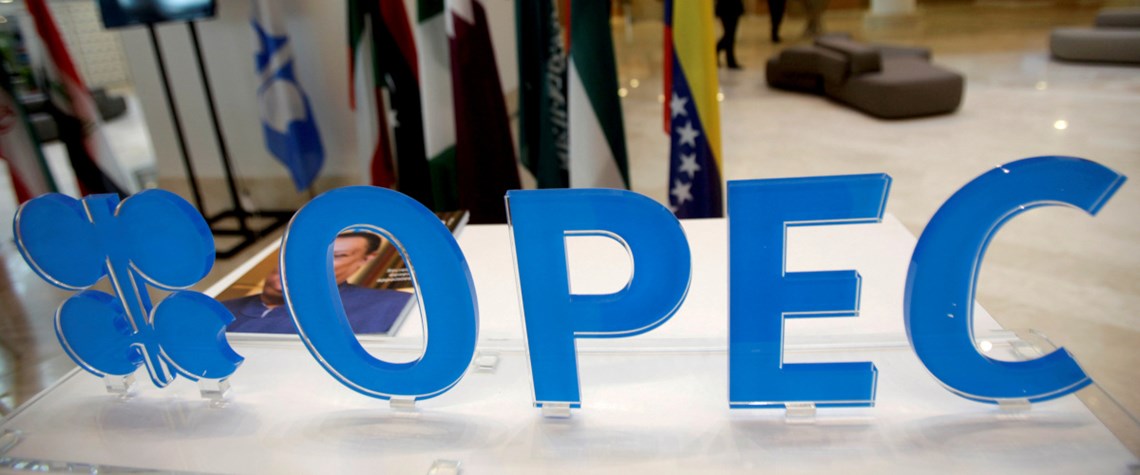Iran, the UAE and Libya to pose Opec+ headaches
Covid-19 has forced Opec+ to weather unprecedented oil demand destruction and oversupply. 2021 will be equally as challenging
To claim Covid-19 has clashed with the interests of Opec+ producers through 2020 is a blunt understatement when considering the struggles faced by the organisation through the year. Stark demand destruction—in excess of 10mn bl/d through much of 2020—was only made worse by a short-lived Saudi–Russian price war during April. The combination helped to explode the size of global inventories while simultaneously pushing spot prices to levels not seen in over a decade. As a result, Opec+ has been forced to undergo historic production restraint to assist in the market rebalancing effort. Despite recent improvements in the marginal oil supply-demand balance, the producers’ club will face several is

Also in this section
17 February 2026
The 25th WPC Energy Congress, taking place in Riyadh, Saudi Arabia from 26–30 April 2026, will bring together leaders from the political, industrial, financial and technology sectors under the unifying theme “Pathways to an Energy Future for All”
17 February 2026
Siemens Energy has been active in the Kingdom for nearly a century, evolving over that time from a project-based foreign supplier to a locally operating multi-national company with its own domestic supply chain and workforce
17 February 2026
Eni’s chief operating officer for global natural resources, Guido Brusco, takes stock of the company’s key achievements over the past year, and what differentiates its strategy from those of its peers in the LNG sector and beyond
16 February 2026
As the third wave of global LNG arrives, Wood Mackenzie’s director for Europe gas and LNG, Tom Marzec-Manser, discusses with Petroleum Economist the outlook for Europe’s gas market in 2026







